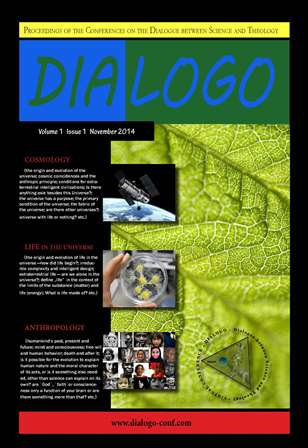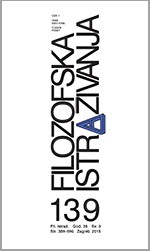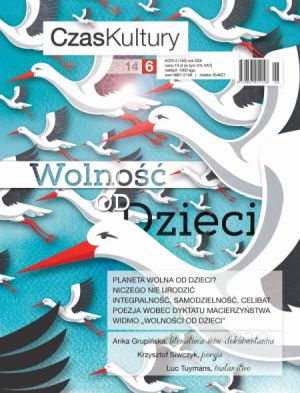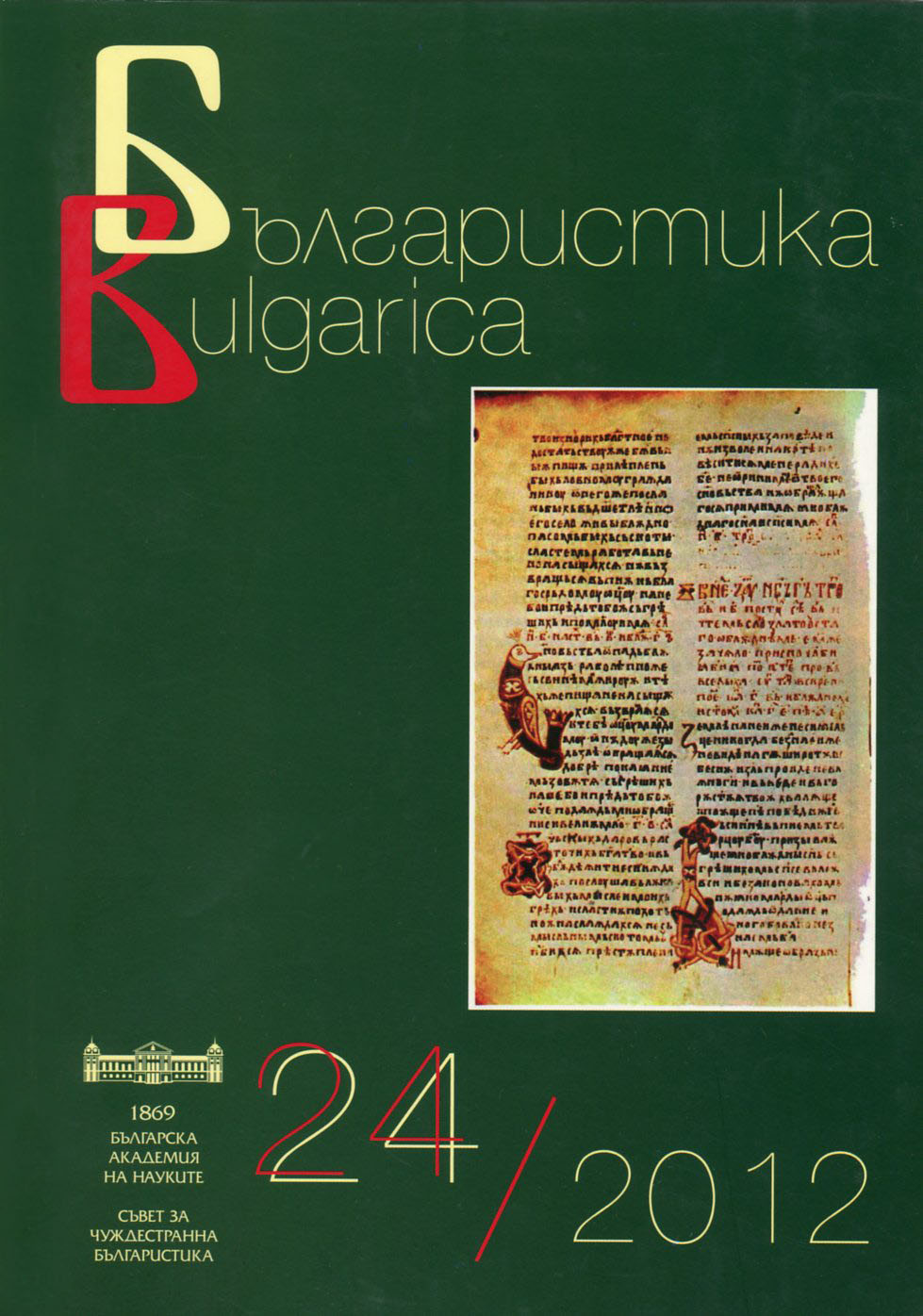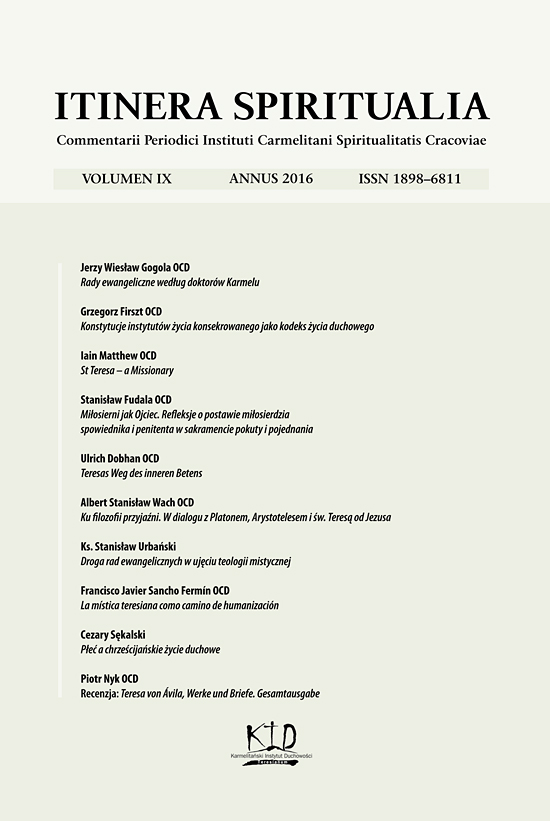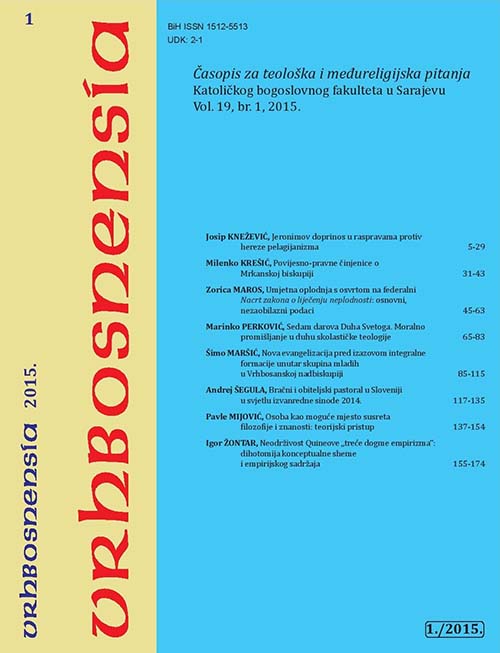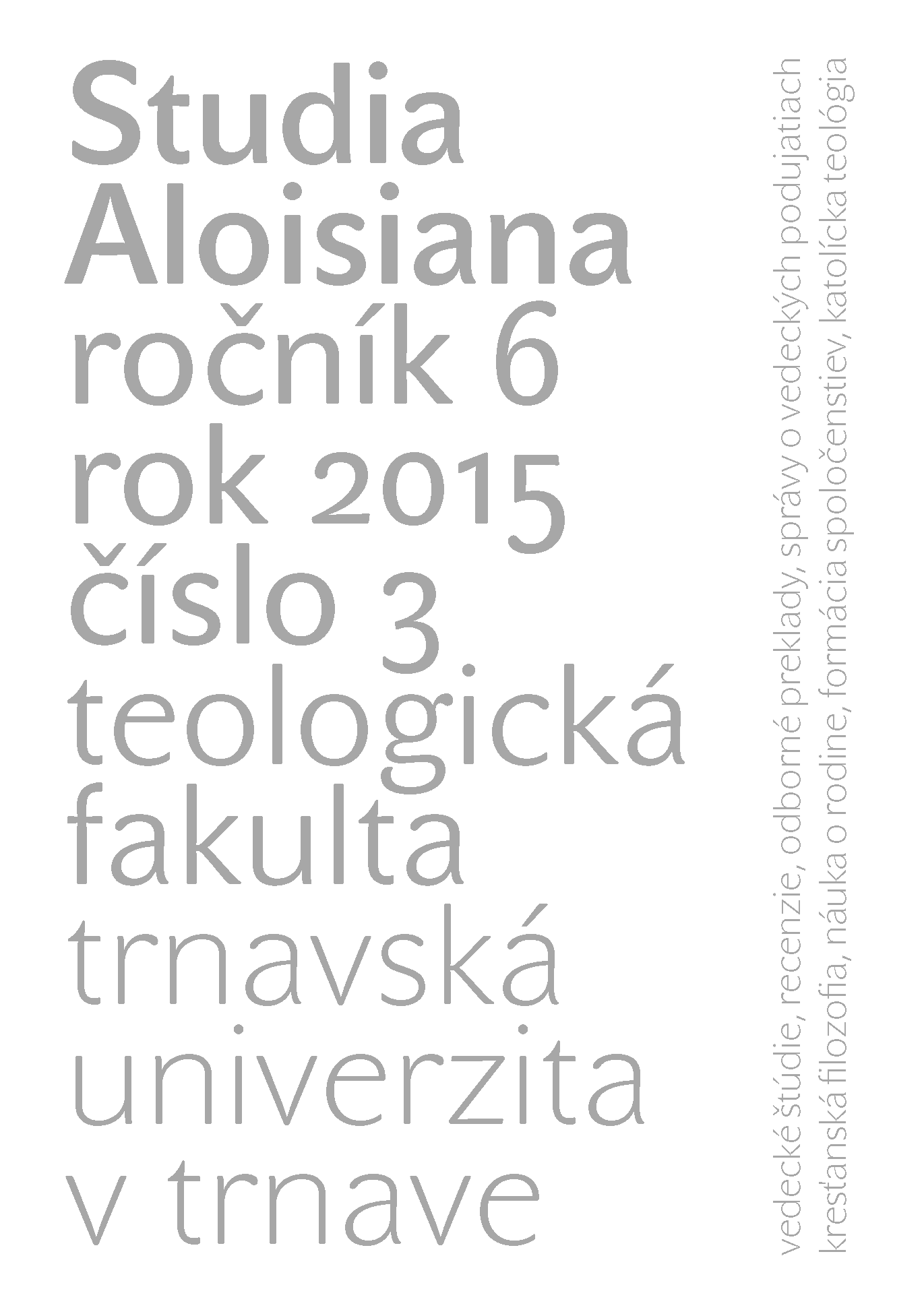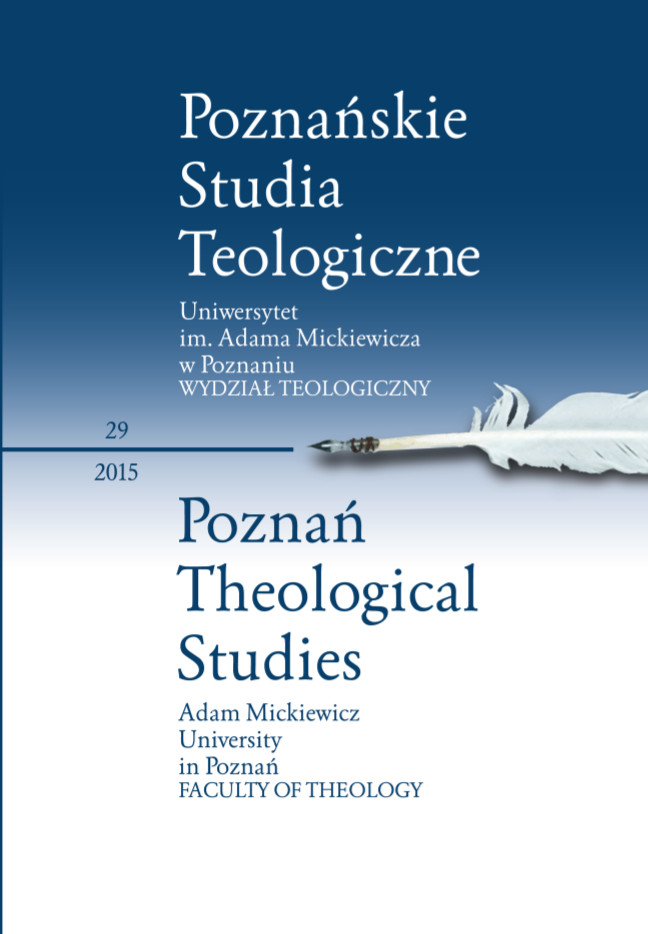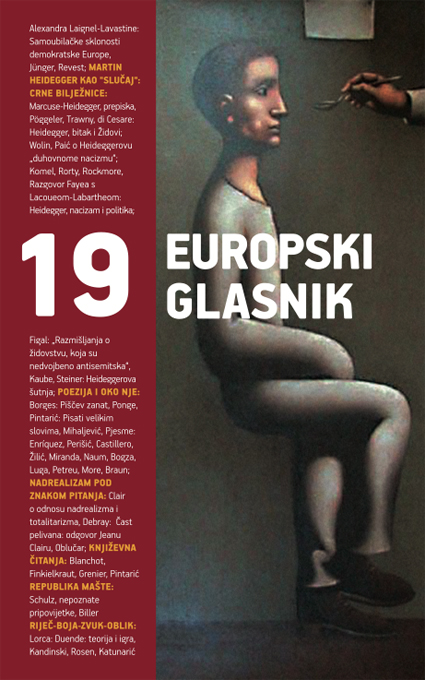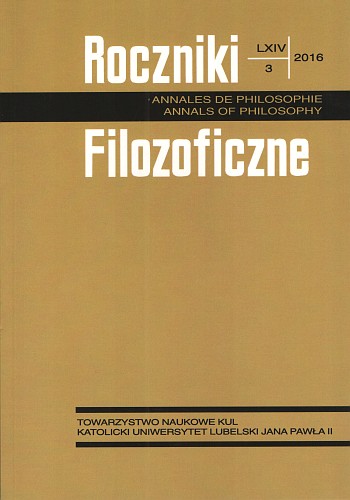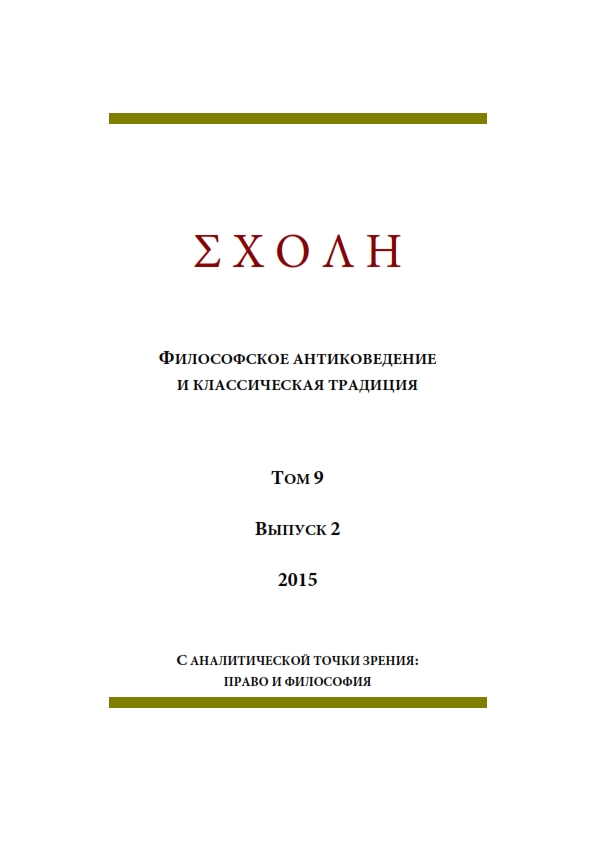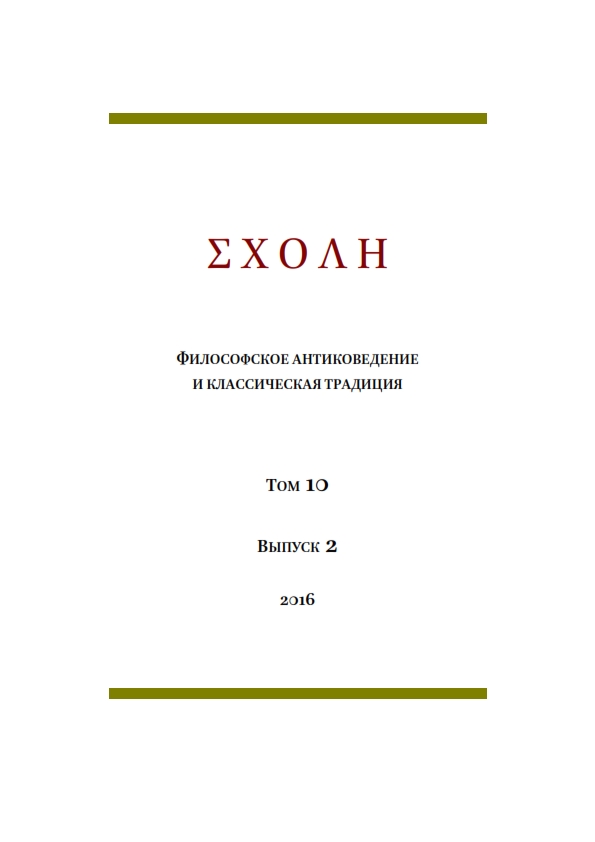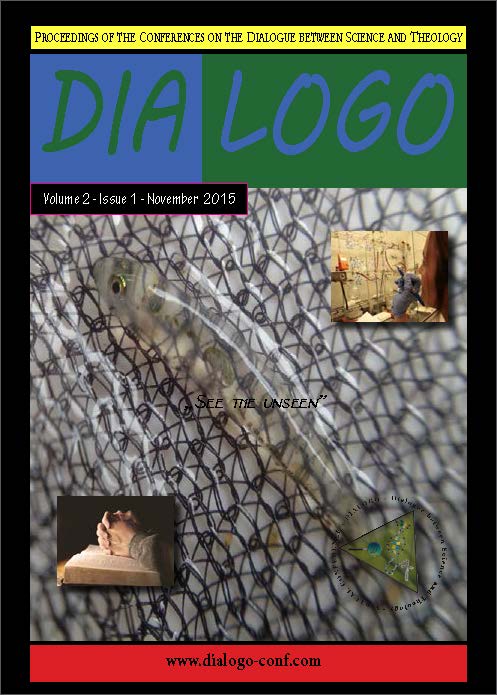
NeoNeoplatonism: Can Theology be studied With the Scientific Attitude
In this short paper I will argue that theology, or at least Platonist theology can be done with the scientific method, but that, perhaps paradoxically at first sight, this does not prevent the role of religion, nor the necessity of a dialog between science and theology (making it in part into a dialog internal to science) or between science and religion, seen as possible applied theology. It is important to keep in mind that science, well understood, has at the start something common with (some) religion, which is a humility and modesty attitude. Science is born from the doubt, lives with the doubt, and never abandon the doubting attitude in any of its possible conclusion. We just don’t know, in science, and can only make our beliefs/ assumptions/theories as much precise as possible so that we make higher the possibility of refuting them, so that we can abandon them or improve them. Theology, once made with the scientific attitude is no exception, and (re)making theology into a science, consists in reintroducing genuine doubts in the heart. Only bad faith can fear reasons. Only bad reasons can fear faith. When fundamental science forget this, it becomes a kind of pseudo-religion.
More...
